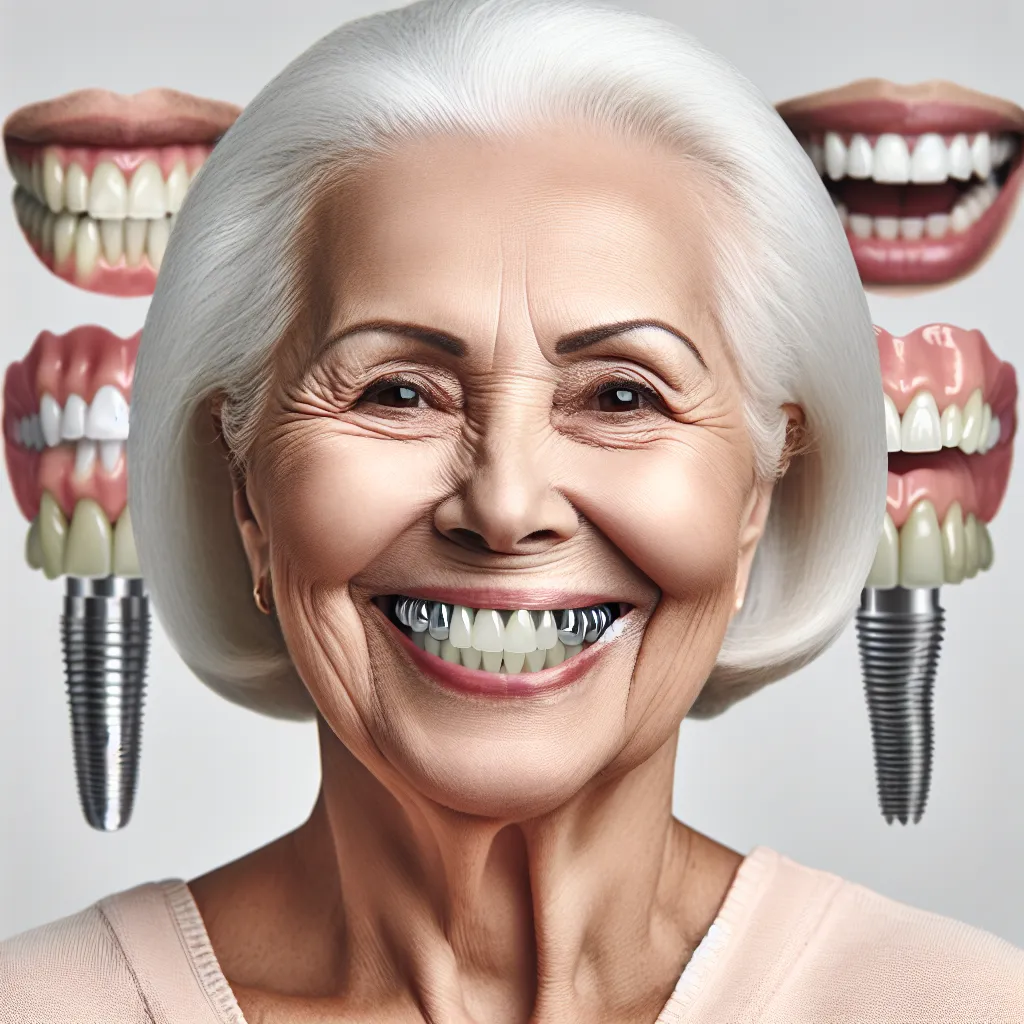Discover how dental implants for elderly can restore confidence, improve chewing, and preserve facial structure for a healthier, happier life....
Explore affordable dental implants for seniors near me. Learn how to restore your smile with cost-effective, long-lasting dental implant solutions....
Explore affordable full mouth dental implants to restore your smile, improve health, and save money with expert advice and real success stories....
Discover how full mouth dental implants restore confidence, function, and beauty with long-lasting, natural-looking results....
Discover how dental implants in elderly patients restore confidence, improve chewing, and preserve jawbone health for a youthful look....
Discover the benefits, process, and risks of dental implants. Learn how this lasting solution can transform your confidence and oral health....
Discover how affordable full mouth dental implants can restore your smile, improve oral health, and fit your budget with expert insights....







